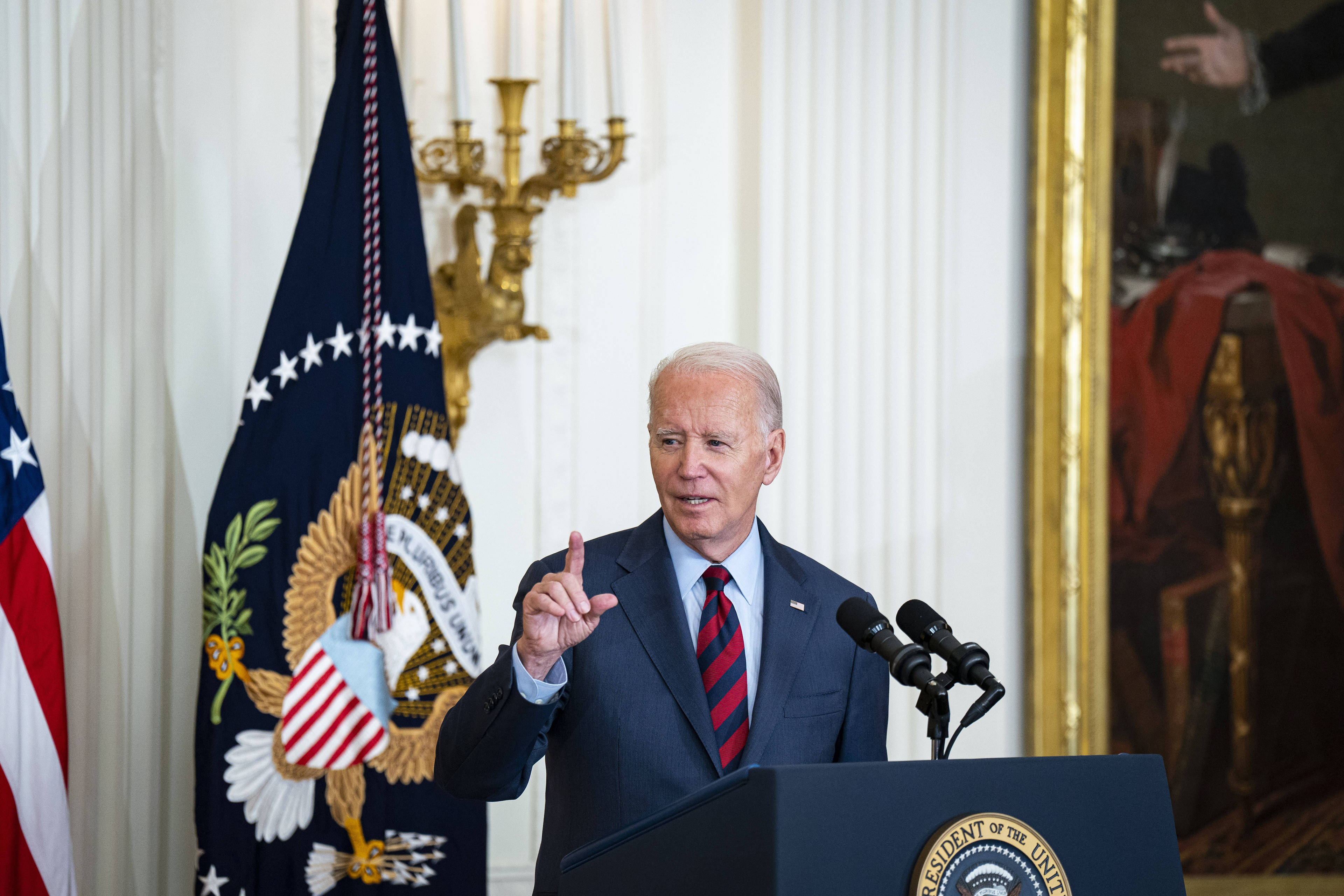Latest California Healthline Stories
Workers Pay the Price While Congress and Employers Debate Need for Heat Regulations
Studies suggest official numbers vastly underestimate heat-related injuries and illness on the job. To institute protections, the government must calculate their cost — and the cost of inaction.
No existen normas federales para proteger a los trabajadores cuando los días son excesivamente calurosos. Y sin el apoyo bipartidista del Congreso, incluso con la atención urgente de la administración Biden, es posible que el alivio no llegue en años.
Biden Administration Proposes New Standards to Boost Nursing Home Staffing
The proposal would require major hiring at the most sparsely staffed homes. But the proposal is already badly received by the nursing home industry, which claims it can’t boost wages enough to attract workers.
5 Things to Know About the New Drug Pricing Negotiations
The Biden administration unveiled the first 10 drugs subject to price negotiations, taking a swipe at the pharmaceutical industry. But what does it mean for patients?
Exclusive: CMS Study Sabotages Efforts to Bolster Nursing Home Staffing, Advocates Say
Research commissioned by the Centers for Medicare & Medicaid Services analyzed only staffing levels below what experts have previously called ideal. Patient advocates have been pushing for more staff to improve care.
KFF Health News' 'What the Health?': Abortion Pill’s Legal Limbo Continues
A federal appeals court issued a split decision on whether the abortion pill mifepristone should remain on the market — rejecting a lower court’s decision to effectively cancel the drug’s FDA approval in 2000, while ordering the rollback of more recent rules that made the drug easier to obtain. Nothing changes immediately, however, as the Supreme Court blocked the lower court’s ruling in the spring. It will be up to the high court to determine whether the pill remains available in the U.S. and under which conditions. Sarah Karlin-Smith of the Pink Sheet, Alice Miranda Ollstein of Politico, and Shefali Luthra of The 19th join KFF Health News’ chief Washington correspondent, Julie Rovner, to discuss these issues and more. Plus, for “extra credit,” the panelists suggest health policy stories they read this week they think you should read, too.
Feds Say Hospitals That Redistribute Medicaid Money Violate Law
Federal officials are trying to clamp down on private arrangements among some hospitals to pay themselves back for the Medicaid taxes they’ve paid. State health officials and the influential hospital industry argue that regulators have no jurisdiction over the agreements.
Proposed Rule Would Make Hospital Prices Even More Transparent
A Biden administration proposal would help standardize the data on prices that hospitals provide to patients, increase its usefulness to consumers, and boost enforcement. Previous rules gave hospitals too many loopholes.
Everything Old Is New Again? The Latest Round of Health Policy Proposals Reprises Existing Ideas
House Republican legislation promises more health insurance options but fewer protections, even as the Biden administration seeks to rein in short-term plans, which were expanded in the Trump era.
FDA Head Robert Califf Battles Misinformation — Sometimes With Fuzzy Facts
FDA Commissioner Robert Califf has called misinformation one of the deadliest killers in the United States. As the FDA tries to fight that scourge, it sometimes stumbles.










